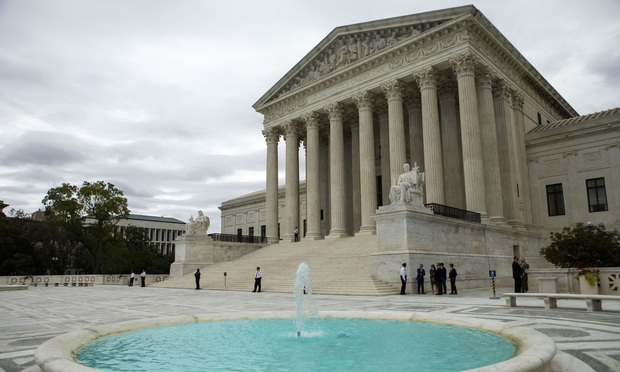Georgia’s four-year fight to stop a California public interest group from making the state’s annotated legal code available for free online drew pointed questions from the U.S. Supreme Court Monday.
 Carl Malamud (Courtesy photo)
Carl Malamud (Courtesy photo)
Georgia contends the Official Code of Georgia Annotated is copyrighted and that it has given a LexisNexis publisher the exclusive rights to publish and sell it. The state contends that Public.Resource.Org violated that copyright when organization founder Carl Malamud bought the 186-volume and all of its supplements and made it available for free online. The state sued in 2015, prompting a countersuit by Public.Resource.Org.
This content has been archived. It is available through our partners, LexisNexis® and Bloomberg Law.
To view this content, please continue to their sites.
Not a Lexis Subscriber?
Subscribe Now
Not a Bloomberg Law Subscriber?
Subscribe Now
LexisNexis® and Bloomberg Law are third party online distributors of the broad collection of current and archived versions of ALM's legal news publications. LexisNexis® and Bloomberg Law customers are able to access and use ALM's content, including content from the National Law Journal, The American Lawyer, Legaltech News, The New York Law Journal, and Corporate Counsel, as well as other sources of legal information.
For questions call 1-877-256-2472 or contact us at [email protected]


 U.S. Supreme Court building,Washington, D.C. (Photo: Diego M. Radzinschi/ALM)
U.S. Supreme Court building,Washington, D.C. (Photo: Diego M. Radzinschi/ALM)





